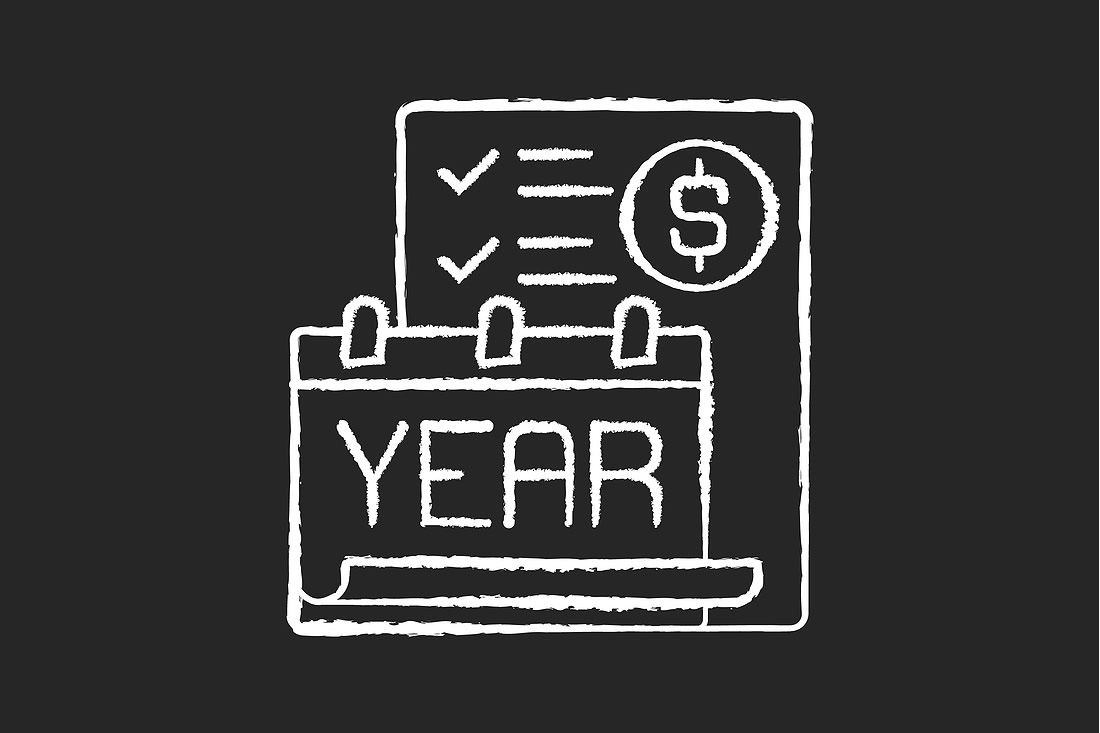4 Strategies for Year-End Fundraising During a Capital Campaign

Coordinating annual fundraising and capital campaign fundraising can feel like trying to fit a square peg in a round hole. But it doesn’t need to be that complicated.
In fact, capital campaign fundraising and annual fund go hand-in-hand. And when done well, your annual fund grows right along with your capital campaign. One doesn’t need to be sacrificed for the other.
4 Strategies for Growing Your Annual Fund During Your Campaign
Here are four things you should know as you start to plan your year-end fundraising when you’re in the middle of a capital campaign.
1. Have two distinct cases for support
During a capital campaign, you will have two, clear and distinct cases for support. One is for your capital campaign, which is for special projects that increase the organization’s capacity. The second is for your annual fund, which supports recurring and ongoing program and service needs.
During any solicitation, you should be clear and specific about which case you are asking for. Your year-end appeal should focus (as it does every year) on your annual fund needs.
For example, if you are in the midst of a campaign, you might mention the campaign in the solicitation. Acknowledge people who have given to the campaign already and let others know they will be hearing more about the campaign in the following weeks or months.
2. All donors should be asked for two gifts
During the life of a campaign, when you ask donors for capital gifts, you should also ask them to continue their annual giving. And, when you ask people for their annual gifts, you should mention the campaign.
In the early stage of your campaign (when you solicit the largest gifts), it’s important to remind donors of the ongoing need for annual support, in addition to the capital needs. Ask each donor to continue their annual support first, and to make their capital gift over-and-above their regular annual support.
Most donors understand the different needs and will give to both. However, not all donors will do so (and that’s okay).
3. You don’t have to keep your campaign a complete secret
Simply because you’re not asking for capital gifts in this year’s annual appeal doesn’t mean you can’t mention the campaign. In fact, you’ll probably want to let your supporters know that you’ve got an exciting project underway and that you’ll be in touch about the capital needs in the near future.
So, though you won’t ask them for a capital campaign gift in your annual appeal, you don’t have to be secretive about it either.
4. Keep the public phase of your capital campaign short
Assuming your campaign lasts between two and three years, you won’t be asking for capital campaign gifts in your annual year-end mailings throughout that time. The public phase of your campaign (when you raise the final twenty to thirty percent of the campaign funds) should be as short as possible — typically between 3 and 6 months.
During the public phase of your campaign, you’ll do a specific campaign mailing to your supporters, asking for campaign gifts separate from your normal annual fund solicitations.
- Spring public phase — If your public phase takes place in the spring, you may never send a year-end mailing asking for gifts to the capital campaign. And your year-end appeal can focus on your annual fund throughout your campaign.
- Fall public phase — However, if your public phase is in the fall, you might consider including a campaign ask in your final year end annual fund mailing.
Growing Annual and Capital Funds Together
While conducting a campaign, you need to be clear when you’re asking donors for annual operating gifts that you are (or will be) also asking for special capital gifts.
A simple strategy is to mention the capital campaign in annual fund solicitations and mention the need for ongoing annual gifts during the capital campaign.
The annual year-end appeal should go out regardless of wherever you are in your capital campaign. If it’s going to people who have already made campaign gifts, it should acknowledge those gifts. And it might mention the capital campaign to the others depending on the timing of the public phase of the campaign.
If you’d like to discuss your specific needs with one of our campaign experts, sign up for a free strategy session here.



Leave a Comment